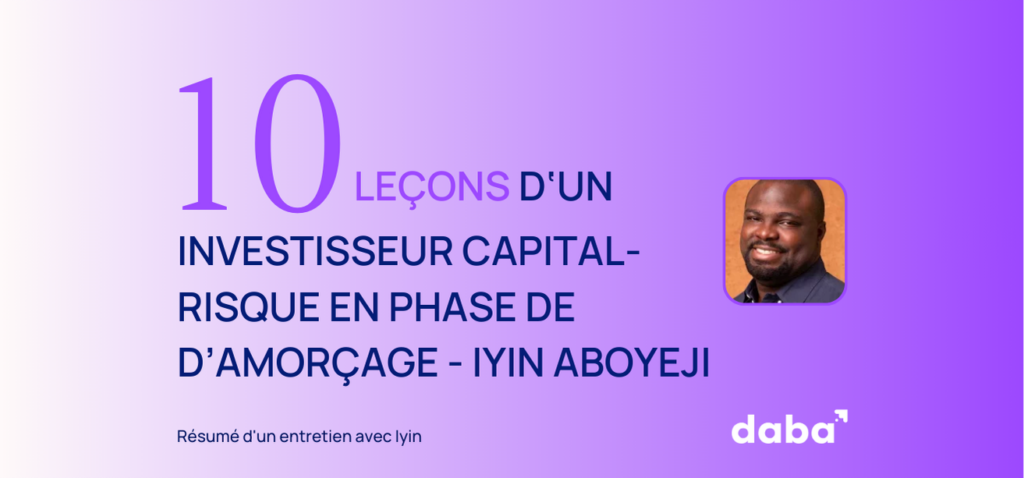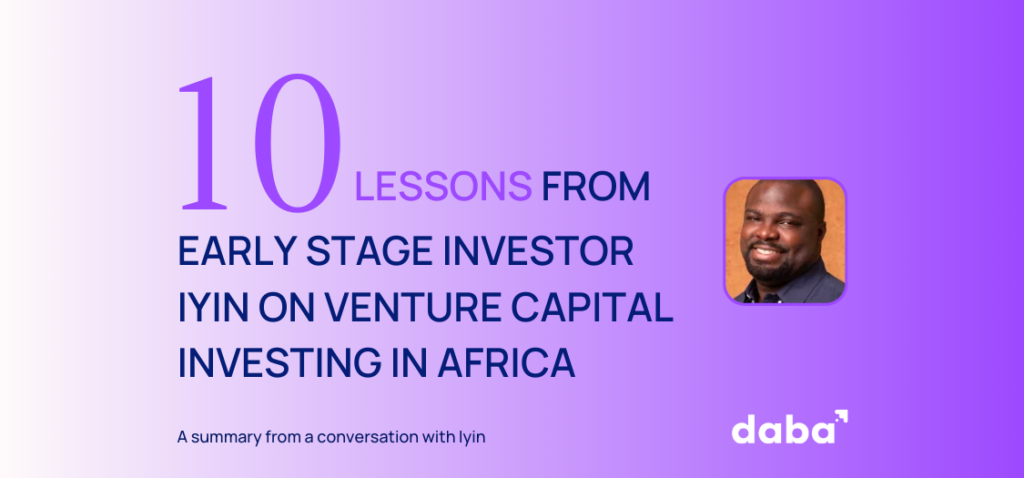For private equity fund managers and venture capitalists, having a well-constructed portfolio strategy is critical for attracting limited partners and generating outsized returns.
Your portfolio construction is the roadmap and investment thesis for your entire fund life cycle. It outlines exactly how you plan to allocate capital, source deals, make investment decisions, manage your portfolio companies, and ultimately drive successful exits.
Key Elements of an Effective Portfolio Strategy
While every VC firm will have its unique approach, some core elements should be included in any robust portfolio construction plan:
Investment Thesis & Focus Areas
This is the foundation of your strategy, defining the sectors, stages, geographies, business models, or other criteria around which you will concentrate your investments. A focused thesis allows you to develop true expertise and repeatability.
Asset Allocation & Diversification
How will you construct a balanced portfolio across risk profiles, asset classes, holding periods, and ownership targets? Understanding your diversification parameters upfront is key.
Capital Reserve Strategy
Top firms set aside over 60% of their fund for follow-on investment rounds into their winners. Having ample reserves to double/triple down on your successes is crucial.
Target Ownership Levels
What are your ideal ownership percentages for companies at different stages? This impacts your potential upside as well as governance rights.
Investment Sizing & Pace
You’ll need to model out your anticipated check sizes for initial vs. follow-on rounds, the number of companies to invest in, and the general cadence of deploying capital each year.
Return Objectives & Performance Metrics
Determine your target return multiples, IRRs, time horizons, and other quantifiable goals to align your team and LPs. Both financial and impact metrics are important.
Portfolio Management Approach
How will you provide strategic guidance, governance, and support to your portfolio companies? Outline the value-adds and resources you can provide entrepreneurs.
Daba works with leading institutional investors and fund managers to craft highly focused investment strategies and identify the most promising startups to invest in across Africa. Fill out this form on our website to express your interest.
Steps for Developing Your Strategy
While specific tactics will vary, most successful VC firms follow a similar process for developing their portfolio construction models:
- Define your differentiated investment thesis
This is the starting point. What is your edge and unique view on opportunities? It should be focused yet allow for some diversification. - Evaluate market trends and opportunities
Analyze various sectors, stages, business models, etc., to identify the most compelling areas for investment aligned with your thesis. - Set clear objectives and success metrics
Establish targets for ownership levels, check sizes, fund size, returns, impact metrics, and other KPIs you’ll measure. - Determine optimal investment structure and policies
The fund’s legal structure, processes for decision-making, valuations, reserves, etc., should codify your strategy. - Build out your deal-sourcing engine
Develop a proactive pipeline management process and leverage tools/relationships to uncover proprietary deals.
Daba’s platform provides the tools and expertise to refine your investment strategy and optimize your portfolio for superior performance. Are you an Africa-focused institutional investor looking to maximize returns? Sign up here for our investing solutions.
Continually Evaluate and Refine
Remember that portfolio construction is not a one-and-done exercise. As market conditions evolve and you gain better visibility into your current investments, you’ll need to periodically reevaluate whether your original strategy aligns with your goals. Be prepared to adjust your approach as needed to sustain performance.
The importance of a thoughtful, sustainable portfolio construction strategy for venture capital and private equity funds cannot be overstated.
By laying this foundation from the outset and leveraging innovative platforms like Daba, you greatly improve your chances of not just meeting, but exceeding your return objectives over the long run—showing LPs you have a repeatable model for generating alpha and convincing them to invest with you.
Daba provides unparalleled support and insights to help you navigate the complexities of investing in Africa and emerging markets. Trust Daba to be your partner in building a robust, high-performing portfolio. Tap here to get started.












